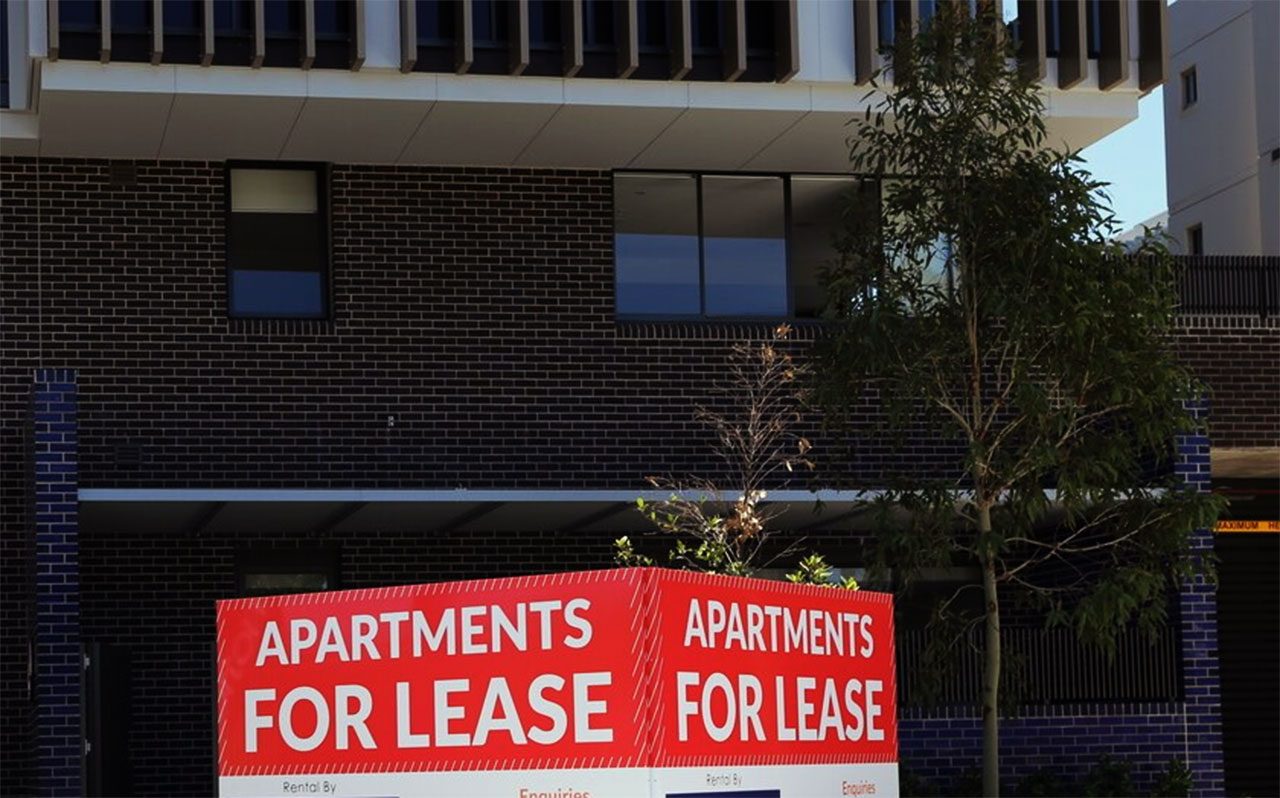This article is from the Australian Property Journal archive
WESTERN Australia has become the latest state to ban rental bidding, while the frequency of rent increases will be tied at once every 12 months, as the nation faces an ongoing rental crisis and Perth’s vacancy rate sits at a crushing 0.6%.
The McGowan government’s announcement follows South Australia, New South Wales and Victoria in banning rental bidding, where prospective tenants are invited to bid against each other for a rental property, with the highest bidder being awarded the lease. This practice often leads to tenants paying significantly more than the advertised rent, placing a significant financial burden on those seeking accommodation.
It is one of a raft of amendments to the Residential Tenancies Act 1987 that the government says will “strengthen protections for renters, provide greater clarity for landlords, and streamline bond returns and dispute resolution processes”.
“It’s no secret that some tenants in Western Australia are doing it tough at the moment, facing a combination of low vacancy rates and rising rents. Prohibiting rent bidding and reducing rent increases to once a year will help ease the financial burden on many families,” said Commerce Minister Sue Ellery.
“There is no single solution to ease the current tight rental market.”
Housing Minister John Carey said that given the current housing market conditions, “these tenancy reforms will help strike the balance between the rights and needs of tenants and landlords”.
REIWA CEO Cath Hart agreed, but added that the “big question” in assessing housing policy is whether it will increase the number of homes that can be built, bought or rented.
“While recent state budget initiatives focussed on supply, we also need a legislative environment that sustains and encourages investment.
“Investors make up about 85% of the private rental market – and the majority of investors only have one property. Unfortunately, they have been leaving the market in significant numbers so there are nearly 20,000 fewer rental properties now than two years ago.
“This exodus has contributed to the vacancy rate falling to a 42-year low and rent prices increasing.”
The state budget saw an additional $750 million committed to housing, homelessness and lands initiatives which include stamp duty concessions, a range of changes to Keystart loans and $47.6 million to expand housing construction workforce.
The proposed changes to the Residential Tenancies Act 1987 also include tenants being allowed to keep a pet or pets in a rental premises in most cases; tenants being able to make certain minor modifications to the rental premises and the landlord only being able to refuse consent on certain grounds; the release of security bonds at the end of a tenancy to be streamlined, allowing tenants and landlords to apply separately regarding how bond payments are to be disbursed; and disputes over bond payments, as well as disagreements about pets and minor modifications, will be referred to the Commissioner for Consumer Protection for determination.
Under the changes, rents will need to be advertised as a fixed amount and not as a range.
As announced in the state budget, funding of $4.5 million per year, over the next two financial years, will go to tenancy advocates and community groups to provide tenants with advice and support. The 35% increase in funding will be distributed via the Tenant Advocacy and Education Services, program, restoring it to pre-2016 levels.
At this time the McGowan Government is not making any changes to the “without grounds” terminations provisions in the Act. The current provisions of 60 days’ notice for periodic leases and 30 days’ notice for fixed remain.




